| Steps to
Spiritual
Intelligence |

BASED ON CLASSICAL ISLAMIC TEACHINGS
| Steps to
Spiritual
Intelligence |

Musharraf Hussain

7 Steps to Spiritual Intelligence
First published in England by Kube Publishing Ltd.
Markfield Conference Centre
Ratby Lane, Markfield,
Leicestershire LE67 9SY
United Kingdom
Tel: +44 (0)1530 249230
Fax: +44 (0)1530 249656
Website: www.kubepublishing.com
Email:
Musharraf Hussain, 2014
All rights reserved
The right of Musharraf Hussain to be identified as the author of this work has been asserted by him in accordance with the Copyright, Designs and Patents Act, 1988.
CIP data for this book is available from the British Library.
ISBN 978-1-84774-078-6 paperback
ISBN 978-1-84774-080-9 ebook
Cover design: Nasir Cadir
Book design and typesetting: Nasir Cadir
Printed by

A noteworthy human characteristic is curiosity about the mysteries of nature, of our own nature and the big questions of life: Where have I come from? Where am I going? And what is the meaning and purpose of life? Spiritual intelligence provides the most convincing and practical response to these questions.
For Muslims, the first source of spiritual intelligence is the glorious Quran; every verse is a constant reminder of Gods benevolence, wisdom and power. This handbook aims to explain simply and rationally the nature and scope of spiritual intelligence and its key elements. The purpose of spiritual intelligence is to gain a deeper understanding of God, thereby attaining peace of mind. It is to renew the heart so that one begins to live with God.
The second source is the life example of our beloved Messenger  . Whilst the Quran guides us with Gods teachings, the blessed Messenger
. Whilst the Quran guides us with Gods teachings, the blessed Messenger  is a living example for us, a universal role model for the believer seeking God. Through him, we gain inspiration by following his prayer, fasting and remembrance of God, his vigils at night, his solitude and silence, all reflecting his spiritual intimacy with God.
is a living example for us, a universal role model for the believer seeking God. Through him, we gain inspiration by following his prayer, fasting and remembrance of God, his vigils at night, his solitude and silence, all reflecting his spiritual intimacy with God.
This handbook also summarizes fourteen centuries of spiritual wisdom in Islamic literature, from which I have plucked ripe and succulent fruits from the great teachers, scholars and Sufis of Spain, Morocco, Turkey and India. I have endeavoured to present their teachings in a contemporary language and style, and you will be the best judges of how successful I have been in doing so.
I am grateful to Yahya Birt, Kubes Commissioning Editor, for his constant encouragement in undertaking this wonderful journey, and to my daughter Nabeela Khan for her help with the manuscript. Finally, I pray that Allah Most Gracious accepts my humble efforts and makes the quest for spiritual intelligence easy for you and me.
Musharraf Hussain
Nottingham
June 2014
The Meaning and Scope of
Spiritual Intelligence
I n affluent societies, both East and West, surveys repeatedly show that people are surprisingly unhappy. The apparent joys of consumerism, consumption and material wealth in the affluent society mask the shallowness of worldly life. A young man told me, Ive got emptiness deep inside, as he described his feelings; others often tell me that they have a deep void or that a chunk is missing from my soul. Linked with todays materialism is celebrity culture, which replaces true role models with movie stars, singers and footballers. One of the more honest celebrities, the British comedian Russell Brand, remarked that Celebrity in itself is utterly, utterly vacuous: after becoming famous you realize you need nutrition from a higher source. Here he is acknowledging and recognizing that there is something far greater and more satisfying than fame and wealth. However, in our stubbornness, we do not easily admit that there is more to life than wealth and fame. Instead, our egos can seek out immediate and instant pleasures in the forms of alcohol, drugs, sex, popular music and film, and even gluttony to satisfy our physical desires to fill the void within us, but only temporarily. And so we are beguiled. To avoid the void, we need to ask ourselves what is missing from our lives.
We all live such busy and frantic lives that we tend to become unconscious of the background noise around us and go on autopilot. In our spiritual lives too, there is a low level of awareness of our reality; this is akin to the blindness often used in the glorious Quran to describe disbelievers, or those who reject the reality of God and the Hereafter. This state of blindness also hinders us believers from performing our duties attentively. So what can open our eyes to our reality?
At the very crux of a fulfilling life is the central human need for positive relationships with oneself, ones family and ones Creator. This human need for positive relationships is dramatized in Pinocchio, the well-known childrens story. Gepetto is an Italian woodcarver who creates Pinocchio the puppet who comes to life. Pinocchio is a jovial character getting up to all sorts of boyish mischief, and the story grips our attention as he has one adventure after another. We identify with the parental care and concern of the father Gepetto, as well as with the waywardness and the unclear direction of the boy. At one point in the story, lost in himself, Pinocchio turns to his maker Gepetto saying, Papa, Im not sure who I am. But if Im alright with you then I guess Im alright with me. This innocent remark embodies a profound truth about relationships: with oneself, with ones Maker and with others. Human beings are social animals depending upon each other for psychological and physical support as well as the spiritual link with their Creator.
Only spiritual intelligence can fill the void
The scenarios posed above rouses the following questions: what is missing from our lives? What can open our eyes to reality? Who is our Creator? The answer lies in spiritual intelligence, the journey to deeper layers of meaning and purpose in life and is a peculiar capability bestowed upon the human being by God that makes him more than just a biological creature dependent on material things. Ralph Waldo Emerson, an American philosopher of the nineteenth century, was a Unitarian or believer in the oneness of God; he cogently summarised spirituality as the relationship with God, nature and humanity. The most comprehensive term used in Islamic literature for the subject of spiritual intelligence is found in Sufism, the science of spiritual excellence and purification (ihsan and tazkiyah); it explains the inner dimensions of Islamic teachings. One of the first books written on this subject was the letter (risalah) of Imam Abul Qasim al-Qushayri (d. 1072). In it, he quotes extensively from various Sufis to explain the subject. For instance, he quotes Muhammad al-Jurayris definition of Sufism, It means taking every sublime moral characteristic and leaving behind every lowly one. He also said Sufism means maintaining a vigil and awareness over ones states and holding to correct behaviour. For Samnun, it means that You possess nothing and nothing possesses you. For al-Junayd, it means that You are solely with God and you have no other attachments. Ahmad ibn Ajibah said, It is the knowledge through which one attains Divine nearness, purification of the self and ridding oneself of moral vices and developing moral virtues; it starts with knowledge, continues through constant action and results in obtaining Divine proximity.

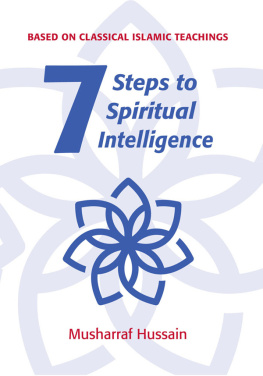
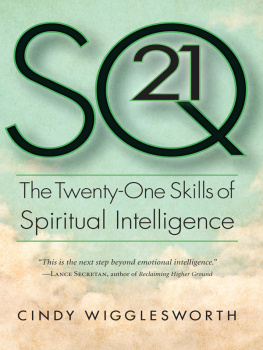
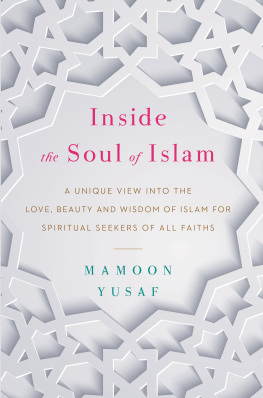
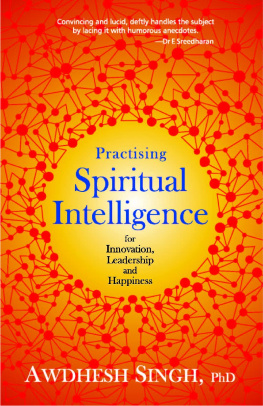

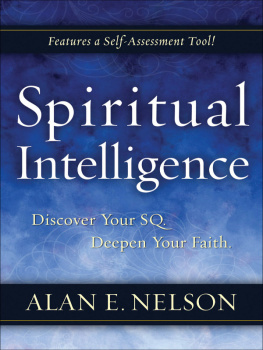
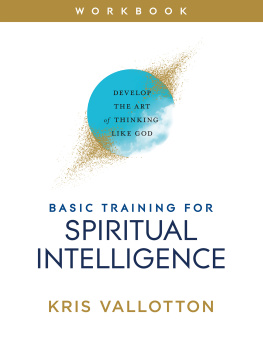

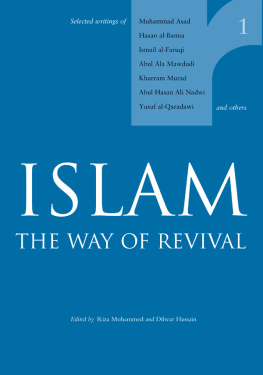

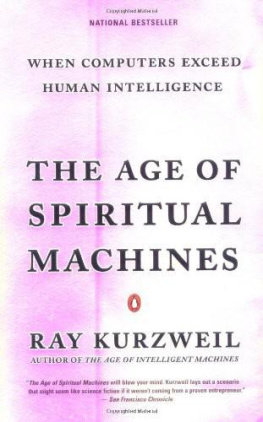




 . Whilst the Quran guides us with Gods teachings, the blessed Messenger
. Whilst the Quran guides us with Gods teachings, the blessed Messenger